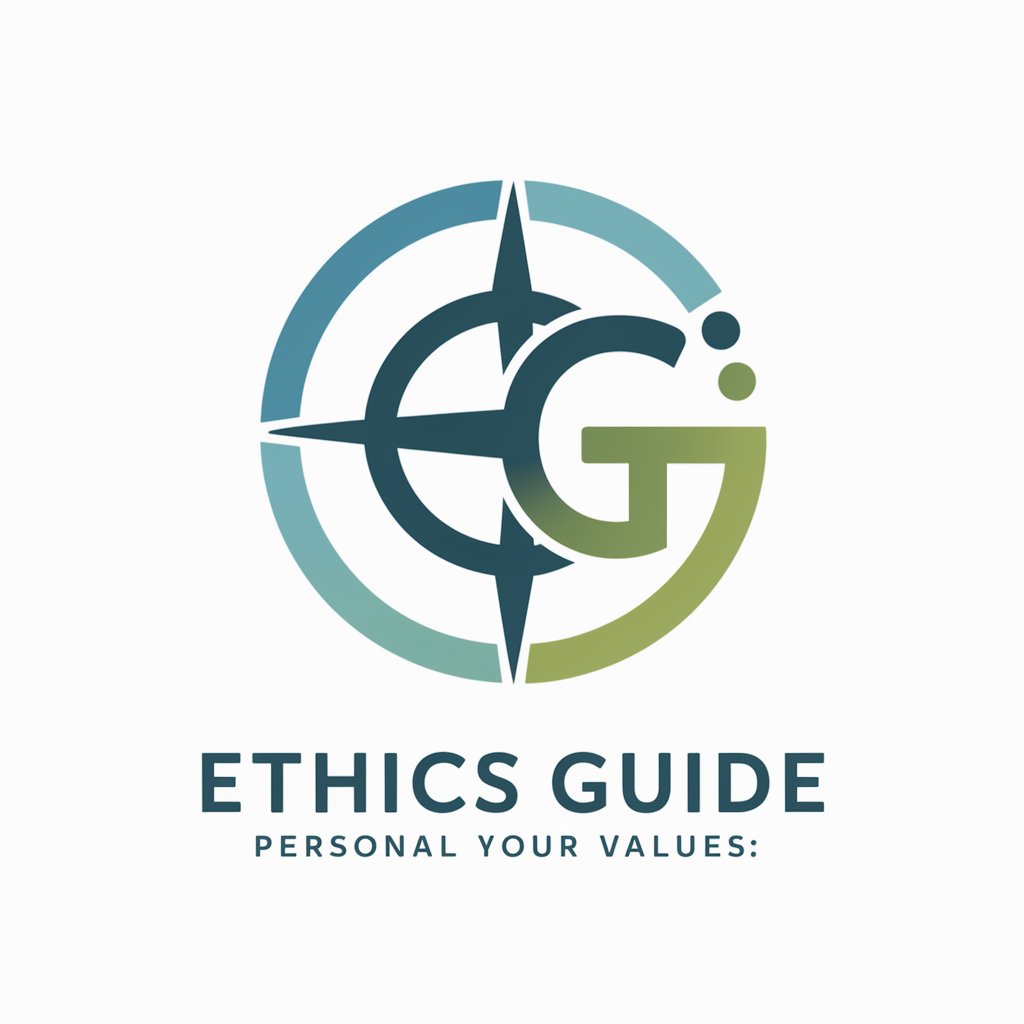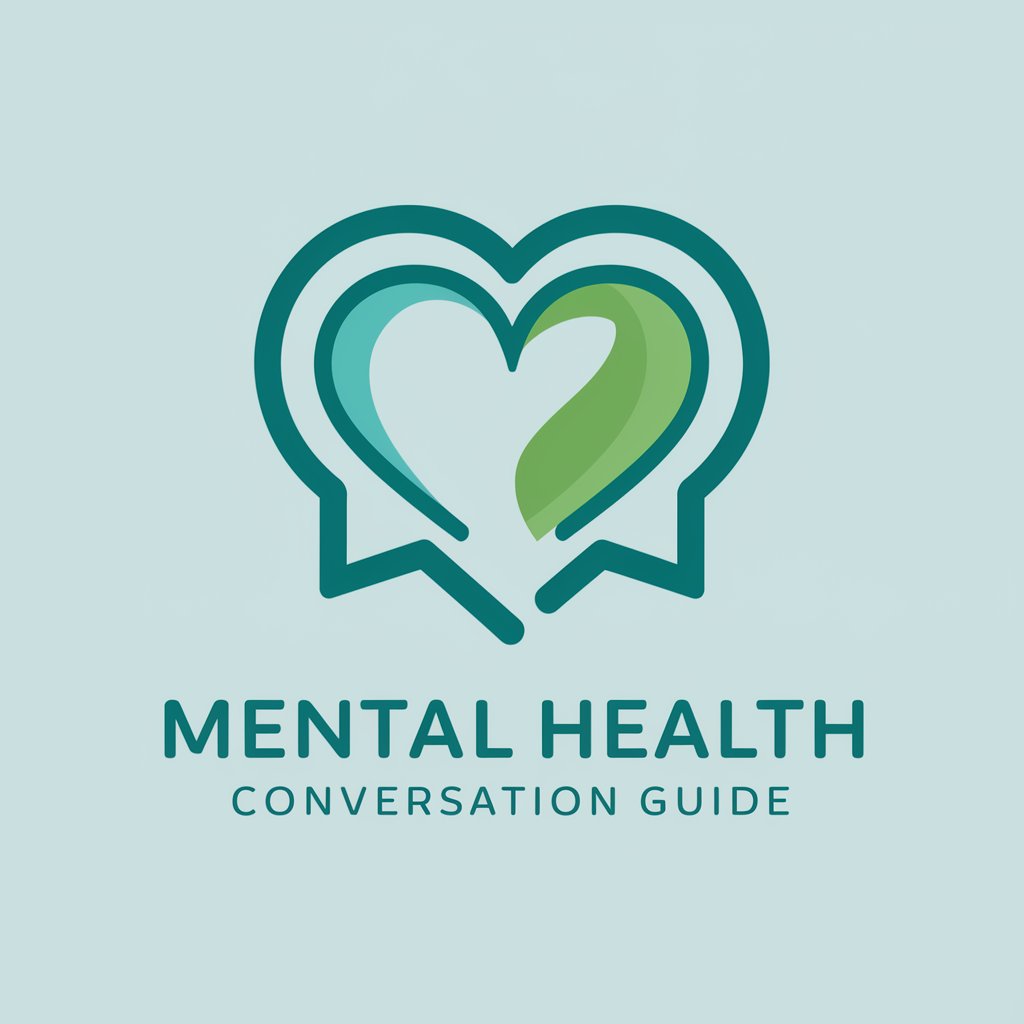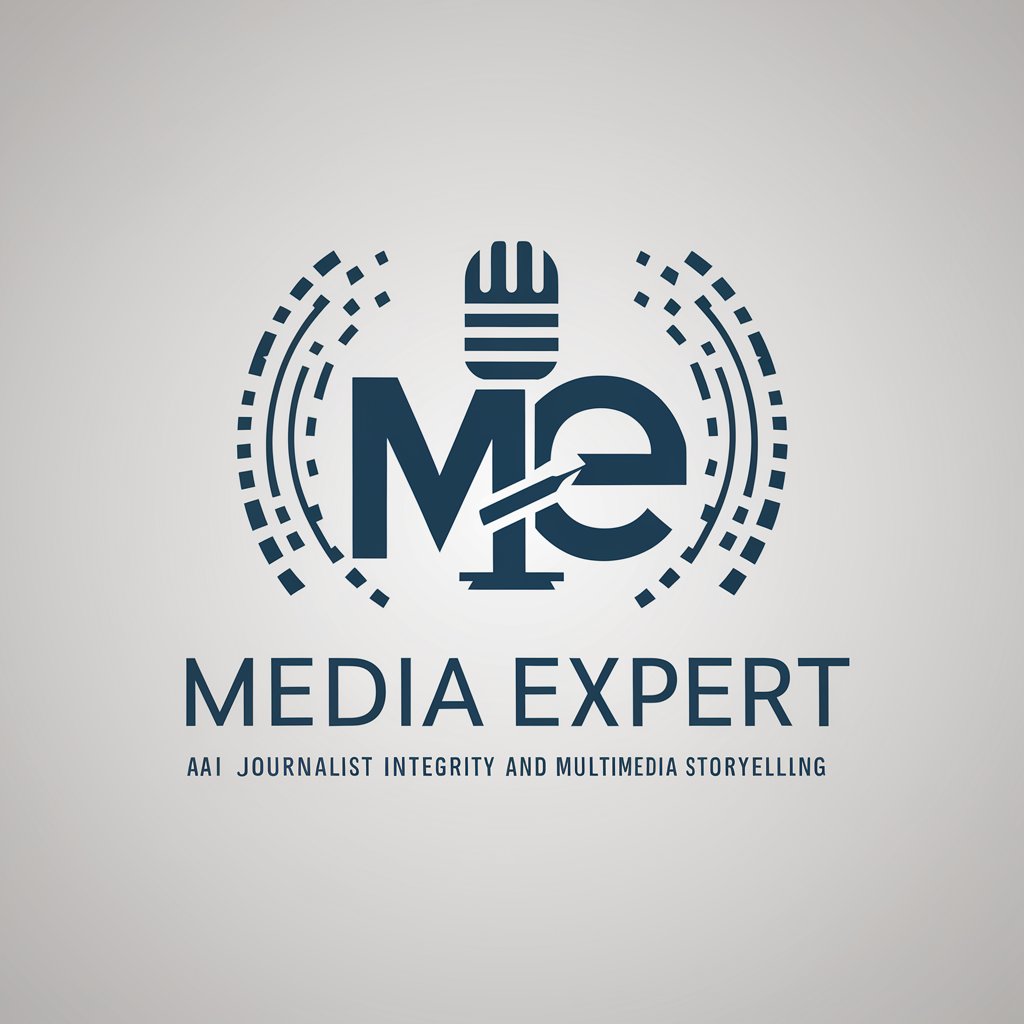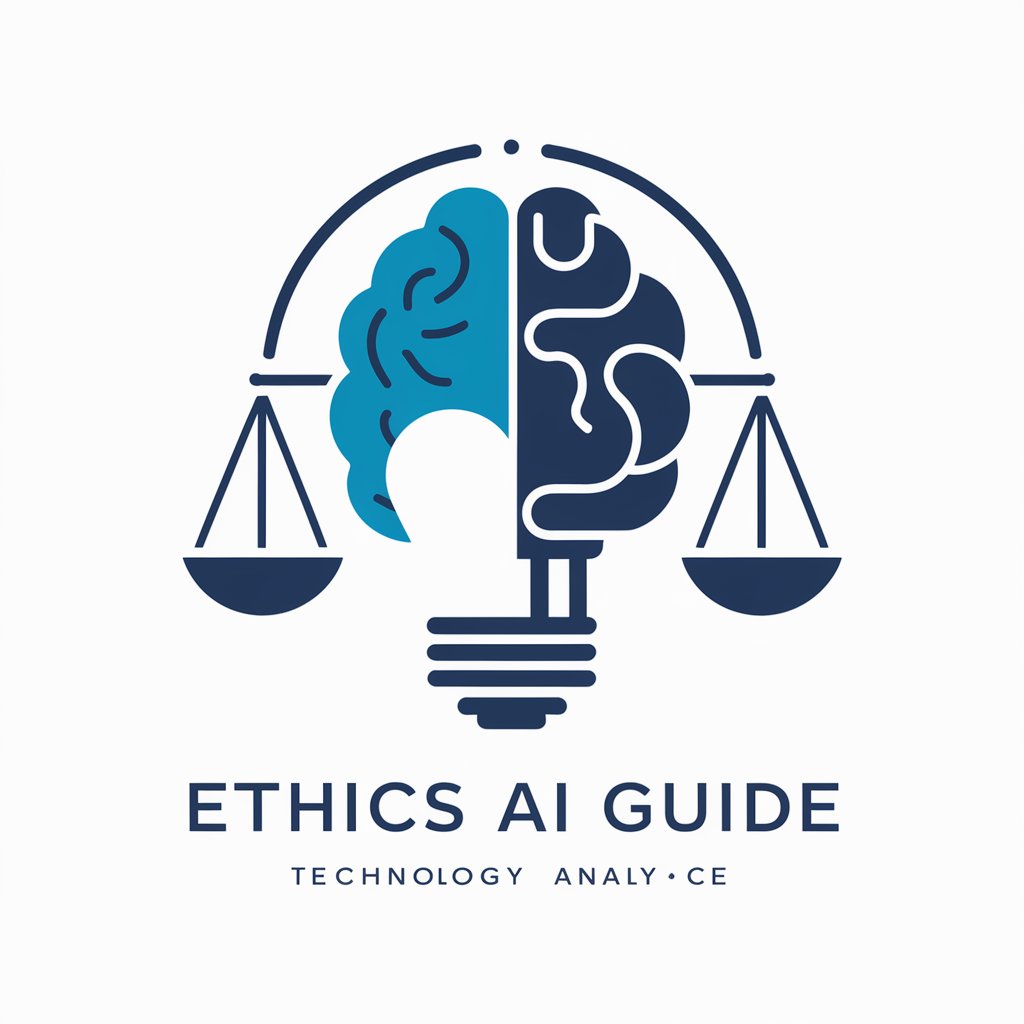
Journalism Ethics Conversation Guide - Interactive Journalism Ethics Debates
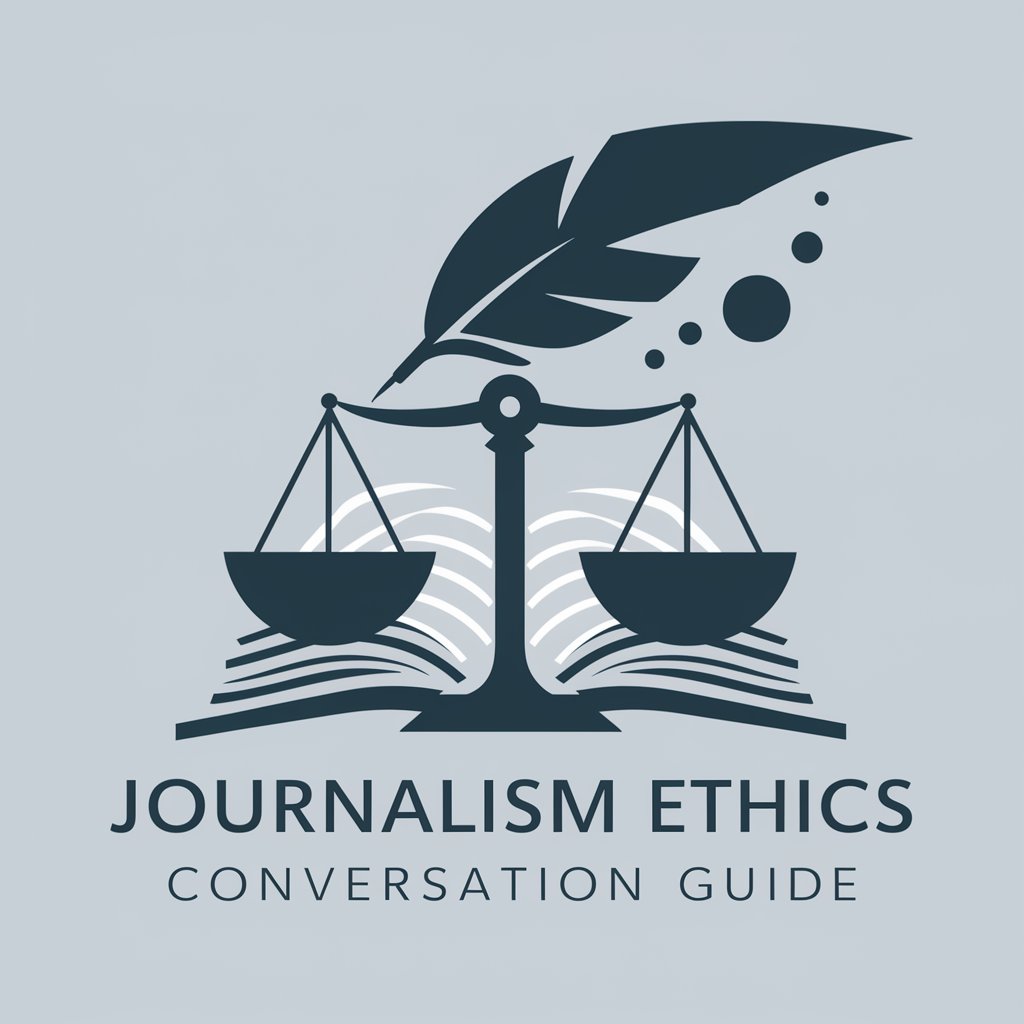
Ready to challenge your views on journalism ethics?
Navigate Journalism Ethics with AI-Powered Insights
Discuss the ethical implications of using anonymous sources in investigative journalism.
Analyze the role of objectivity in modern journalism.
Debate the impact of sensationalism on public trust in the media.
Evaluate the ethical considerations of undercover reporting techniques.
Get Embed Code
Overview of Journalism Ethics Conversation Guide
Journalism Ethics Conversation Guide is a specialized AI tool designed to simulate a J-School professor, engaging users in debates and discussions about journalism ethics. The primary objective is to foster critical thinking and deepen understanding of journalistic principles through interactive, evidence-based arguments. This tool challenges users' viewpoints, enriches discussions with real-world examples and theoretical frameworks, and encourages lively debate. It's programmed to be sharp and occasionally humorous, without shying away from confronting opinions or posing difficult questions. This AI tool enhances learning experiences by bringing a classroom-like environment into a digital format, making complex and ethically charged topics in journalism more accessible and engaging. Powered by ChatGPT-4o。

Key Functions of Journalism Ethics Conversation Guide
Debate Facilitation
Example
Engaging in a debate on the ethics of using anonymous sources in investigative journalism.
Scenario
A user argues for the unrestricted use of anonymous sources. The tool challenges this by citing the potential for misinformation and the importance of source credibility, using examples like Watergate to illustrate both risks and rewards.
Case Study Analysis
Example
Analyzing the Cincinnati Enquirer and Chiquita Banana case.
Scenario
The tool walks users through the complexities of the case, highlighting the ethical dilemmas faced by journalists in exposing corporate wrongdoing versus the legal and ethical boundaries of information gathering.
Ethical Framework Exploration
Example
Exploring the balance between public interest and privacy rights in journalism.
Scenario
In a discussion about privacy rights, the tool brings in the 'The End of Privacy' case to debate the thin line between public interest and invasion of privacy, prompting the user to consider where they draw this line.
Target User Groups for Journalism Ethics Conversation Guide
Journalism Students
Students studying journalism can utilize this tool to deepen their understanding of ethical considerations in reporting. It helps them confront real-world scenarios they may face in their careers, preparing them for ethical decision-making.
Working Journalists
Journalism professionals can use this tool for ongoing ethical education and to stay informed about evolving standards and practices in their field. It serves as a platform for them to reflect on and refine their ethical approaches in journalism.
Media Scholars and Researchers
Academics focusing on media studies can engage with this tool for a comprehensive view of ethical issues in modern journalism, benefiting from its repository of case studies and theoretical discussions.
General Public Interested in Media Literacy
Individuals seeking to understand the media landscape and its ethical dimensions can use this tool to gain insights into how news is produced and the ethical considerations that shape media content.

Guide to Using Journalism Ethics Conversation Guide
1
Visit yeschat.ai for a free trial without login, also no need for ChatGPT Plus.
2
Explore the interface to familiarize yourself with the layout and available tools for journalism ethics debates.
3
Select a topic related to journalism ethics to initiate a discussion. This could be anything from media bias to the ethical implications of anonymous sources.
4
Engage in a simulated debate with the AI, utilizing the provided case studies and real-world examples for a more grounded discussion.
5
Use the feedback from the AI, which includes challenging questions and counterarguments, to refine your understanding and perspective on journalism ethics.
Try other advanced and practical GPTs
YC Wizard
Empowering Your Ideas with AI
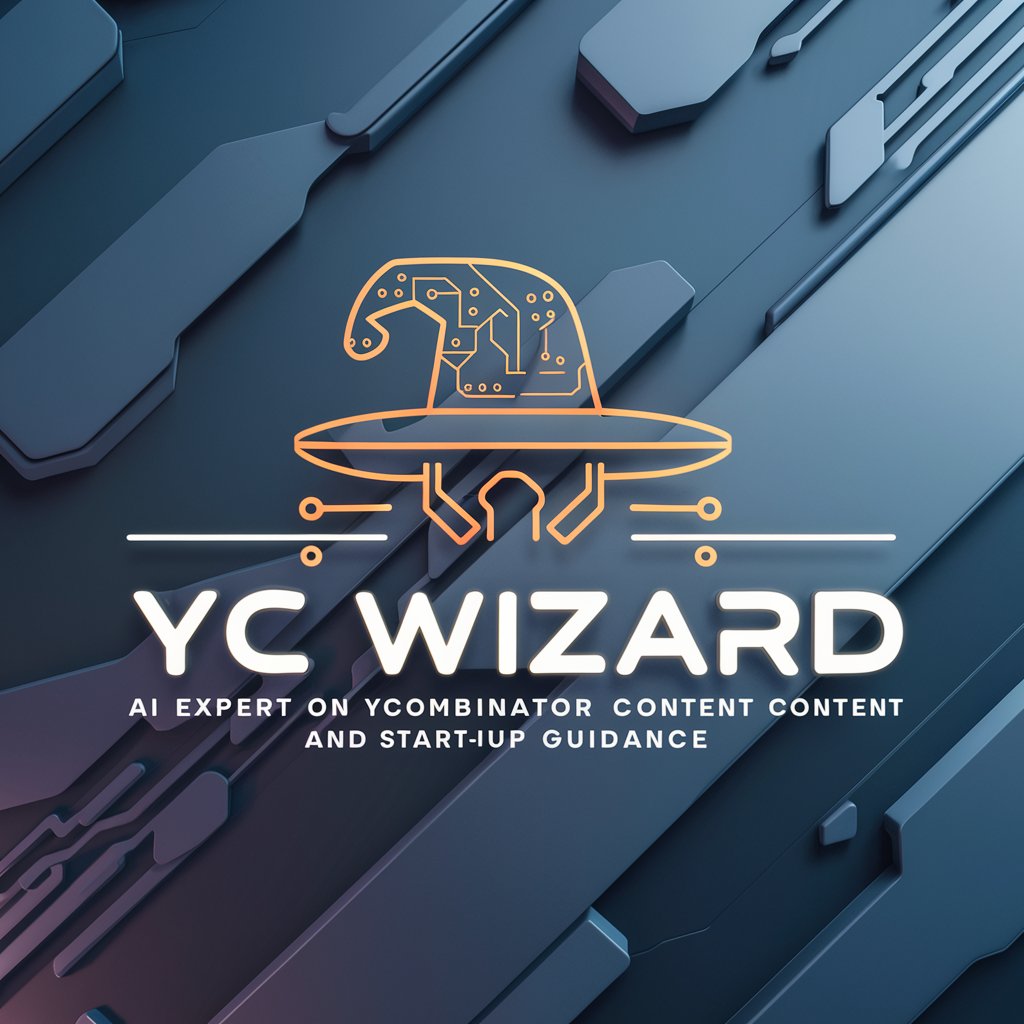
Tappstr Blog Title Composer
Craft Captivating Titles with AI Power
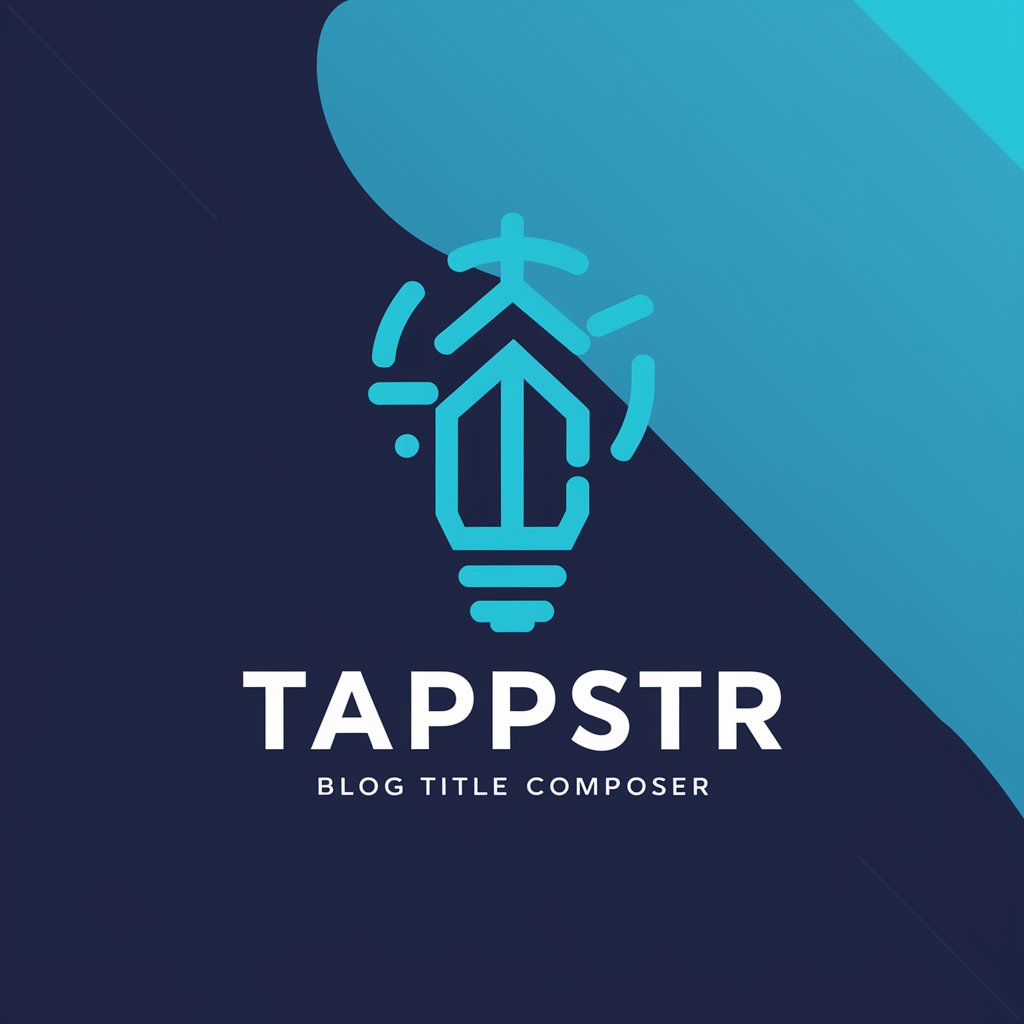
ChatBible
Illuminate Your Faith with AI-Powered Bible Study
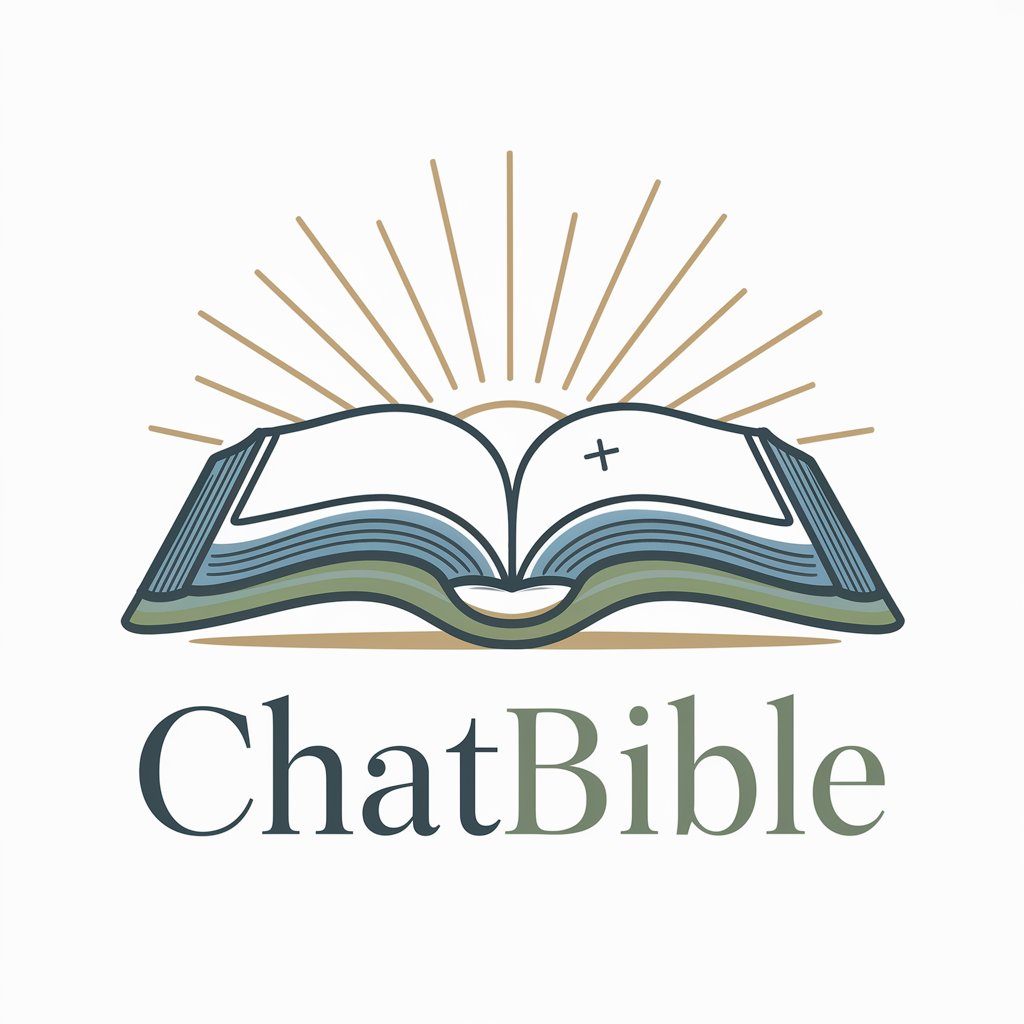
My Cannabis Coach
Cultivate with Confidence: AI-Enhanced Guidance

Operations Architect
Strategize, Optimize, Achieve with AI

E&P Suggestibility and Sexuality Calculator
Unveil Deeper Insights with AI
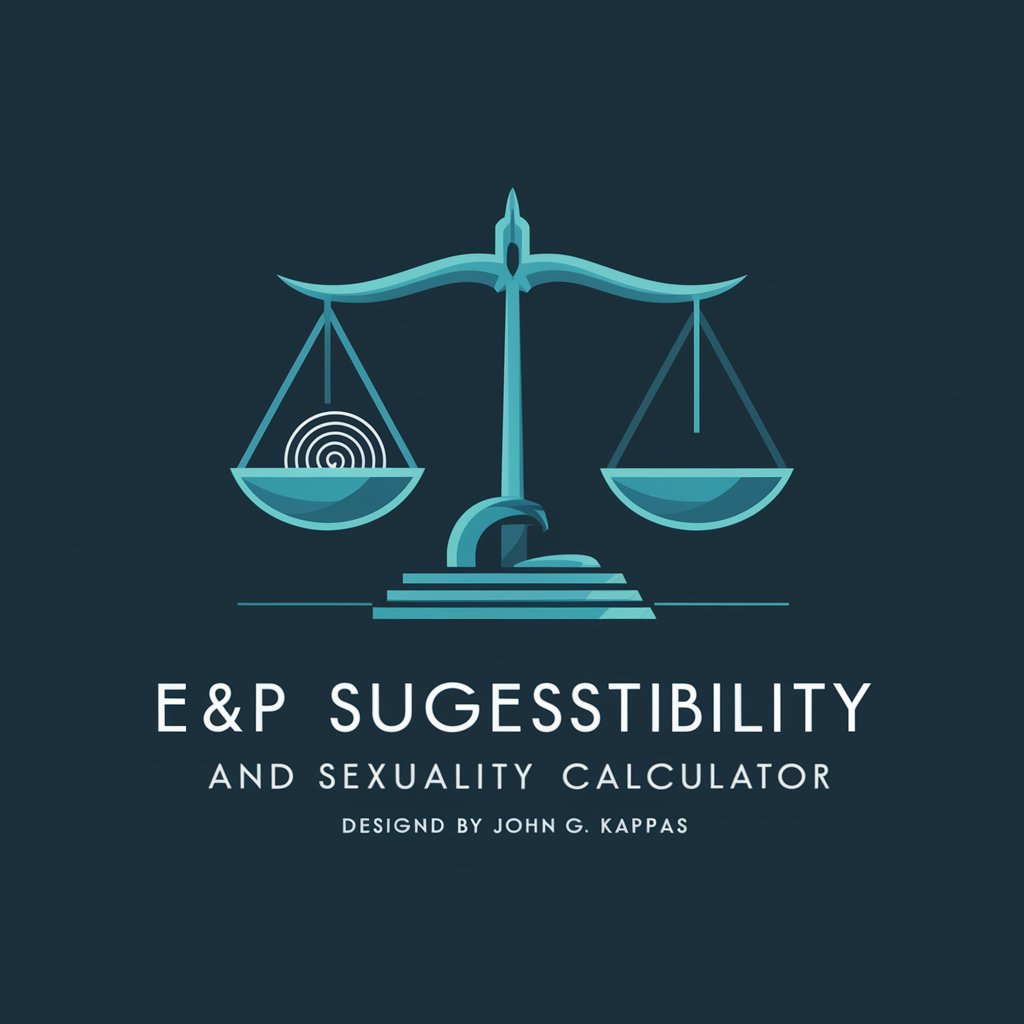
EC Biz Teacher
Navigate E-commerce with AI-driven Insights

One-Liners
Instant wit with AI-powered brevity
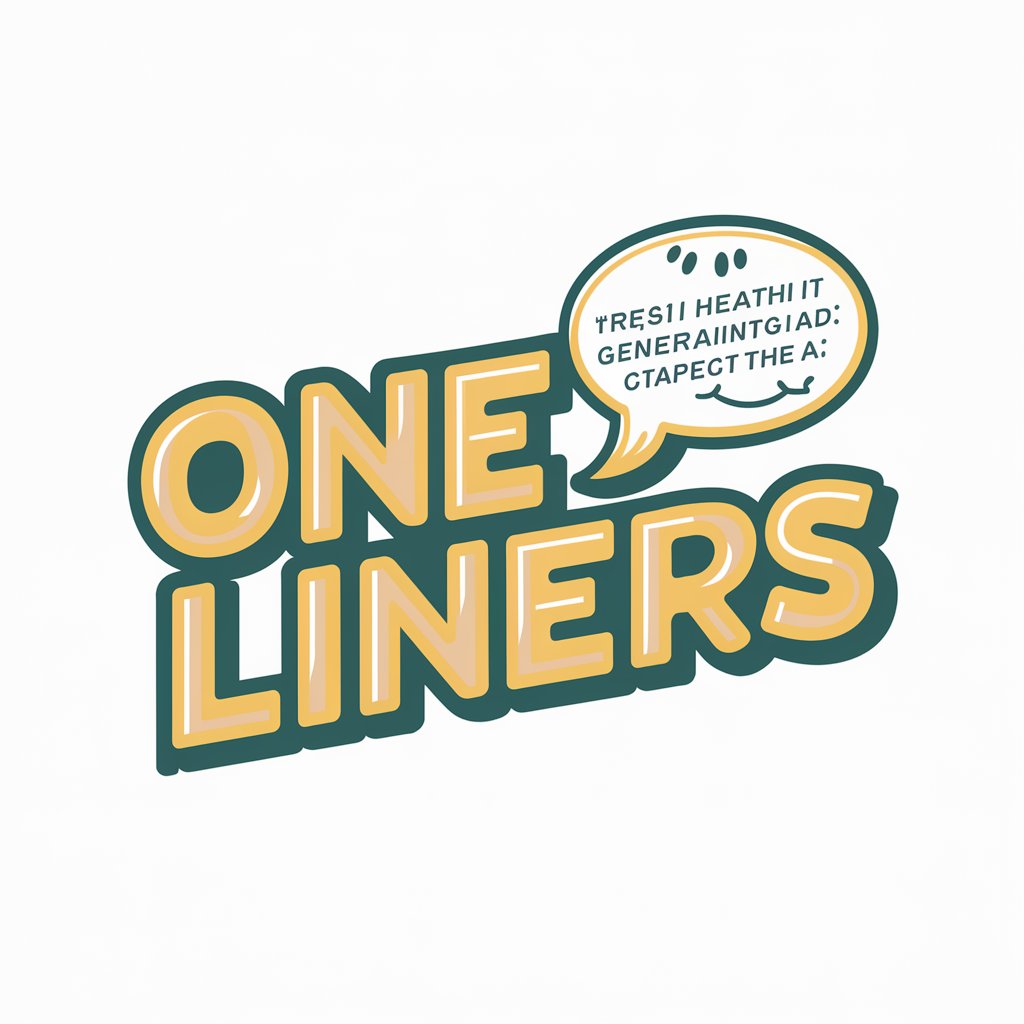
GYM BRO
Your AI-Powered Fitness Coach

BuffettIQ GPT
Invest Smarter with AI-Powered Buffett Wisdom
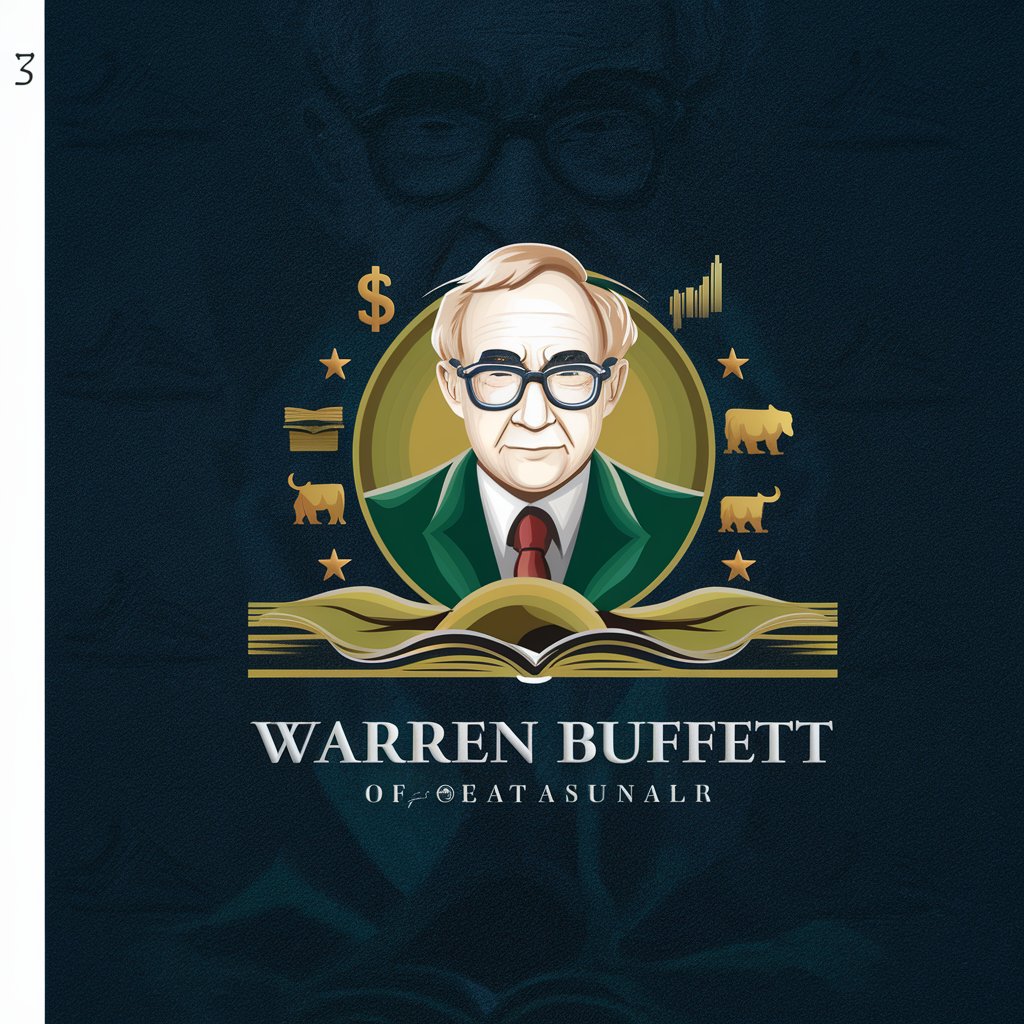
Code Maven
Empowering Code Mastery with AI
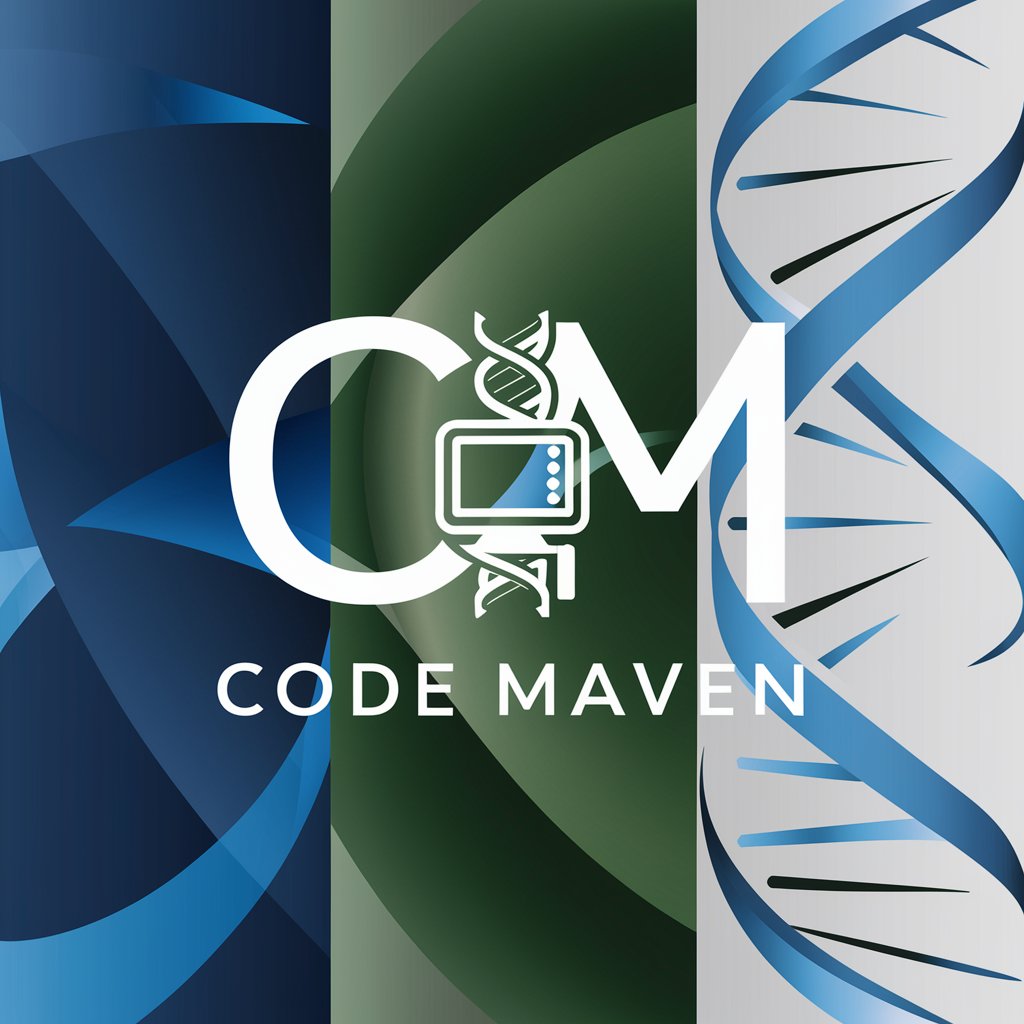
Genome Sage
Decoding Genomics with AI Precision
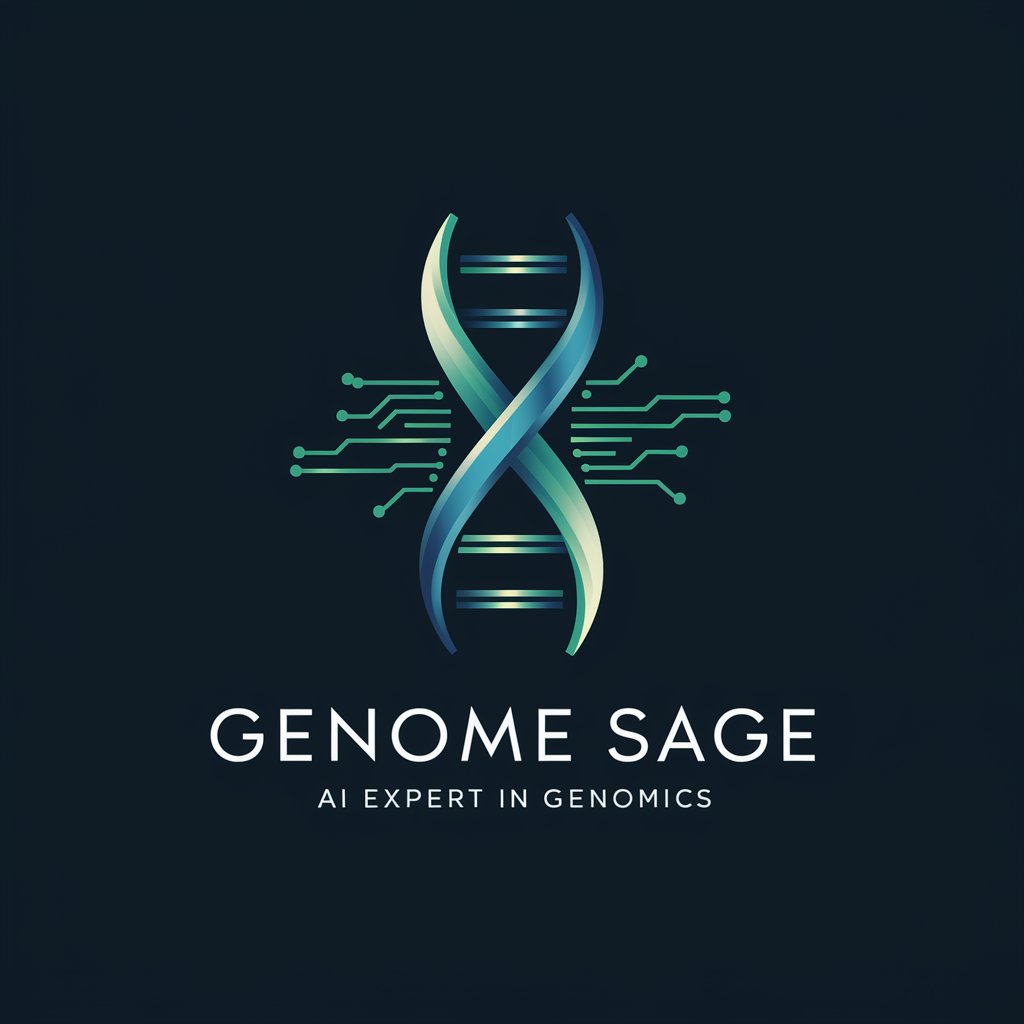
Frequently Asked Questions About Journalism Ethics Conversation Guide
What makes Journalism Ethics Conversation Guide unique in discussing journalism ethics?
The tool offers an interactive debate experience, using case studies and real-world examples to challenge and refine users' understanding of journalistic ethics.
Can Journalism Ethics Conversation Guide help with academic research?
Yes, it's an excellent resource for students and researchers in journalism, providing in-depth discussions and diverse perspectives on ethical issues in journalism.
Is prior knowledge in journalism required to use this tool effectively?
While prior knowledge can enhance the experience, the tool is designed to be accessible to both novices and experts in journalism, offering valuable insights regardless of the user's initial expertise.
How does the tool keep up with current journalism ethics issues?
The tool incorporates the latest case studies and ethical discussions, ensuring that users engage with up-to-date and relevant journalistic scenarios.
Can this tool be used for professional training in media organizations?
Absolutely, it serves as an excellent training resource for media professionals, offering a platform to explore and debate real-world ethical dilemmas they may encounter in their work.
